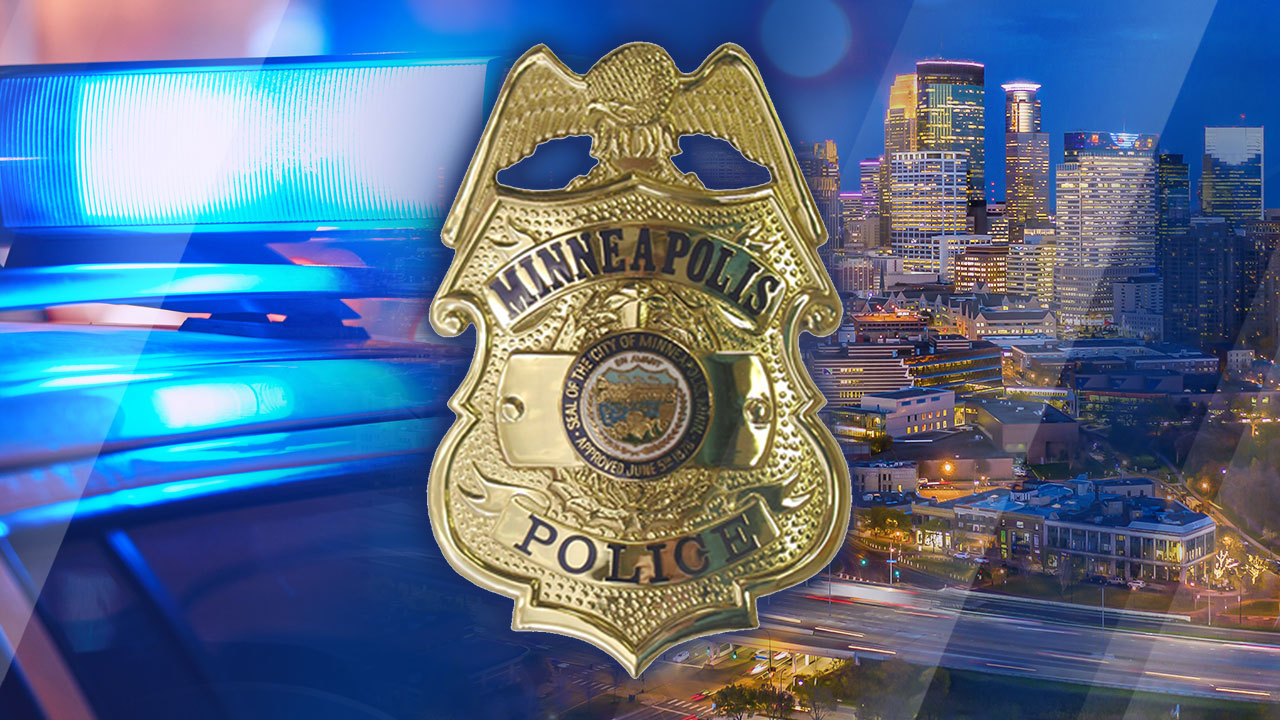State Supreme Court to hear arguments in lawsuit over MPD staffing
[anvplayer video=”5114403″ station=”998122″]
The Minnesota Supreme Court is hearing arguments Thursday on a lawsuit over police staffing in the city of Minneapolis.
A group of North Side residents filed the lawsuit, and are accusing the city of violating law by not having a minimum of 730 sworn Minneapolis police officers as required under the city charter.
That 730 number is determined by a population formula used by the city.
The group won the lawsuit in Hennepin County Court, but an appeals court reversed that ruling.
RELATED: Plaintiffs share hopes after judge orders Minneapolis to hire more police officers

(KSTP-TV)
RELATED: Minnesota Court of Appeals reverses order for Minneapolis to hire more police officers
Now, it will be up to the state’s high court to decide.
The city of Minneapolis doesn’t comment on ongoing litigation.
RELATED: Minnesota Supreme Court decides to consider lawsuit appeal over Minneapolis police staffing
As previously reported last month, Minneapolis Mayor Jacob Frey announced two new joint powers agreements with the Minnesota State Patrol and the Minnesota Bureau of Criminal Apprehension, saying the agencies would help city police address rising crime and diminished staffing.
Although both agreements are expected to run through the end of 2023, they can be stopped by either party with 30 days of notice.
RELATED: Minneapolis residents call for National Guard, State Patrol help with city violence
The announcement came one day after the U.S. Attorney’s Office, BCA, FBI and Bureau of Alcohol, Tobacco, Firearms and Explosives detailed a new strategy to crack down on crime in the Twin Cities.
Last July – nearly one year ago –5 EYEWITNESS NEWS was told all five police precincts had low staffing levels. At that point, the city had 669 active officers, 61 officers short of the 730 needed under the city charter. That number then dropped to 654 later in 2021.
RELATED: Recruiting Realities: Police staffing crisis not the same in every city, data shows
As previously reported, Minneapolis police say there is a correlation between fewer officers on patrol and the increase in the response to priority one 911 emergency calls, which are the most serious calls and generally involve crimes of violence.
During the first six months of 2020, those calls took an average of 11 minutes from the time the call came in until an officer arrived at the scene. That response time increased to a 15-minute average during the first six months of 2021, according to Minneapolis Police Department records.